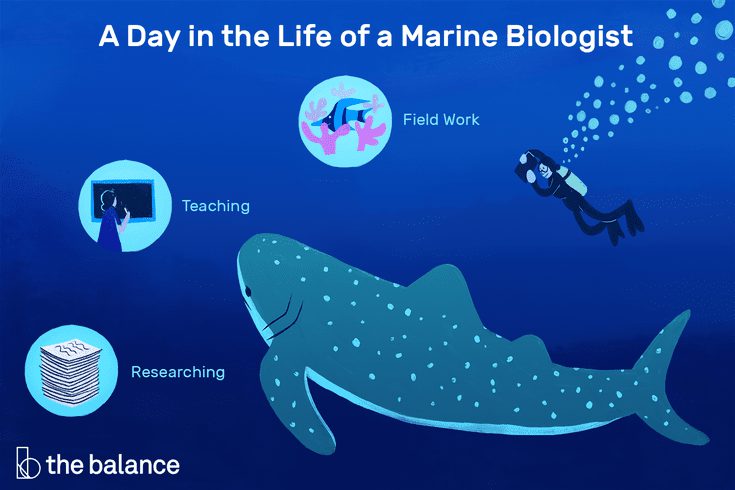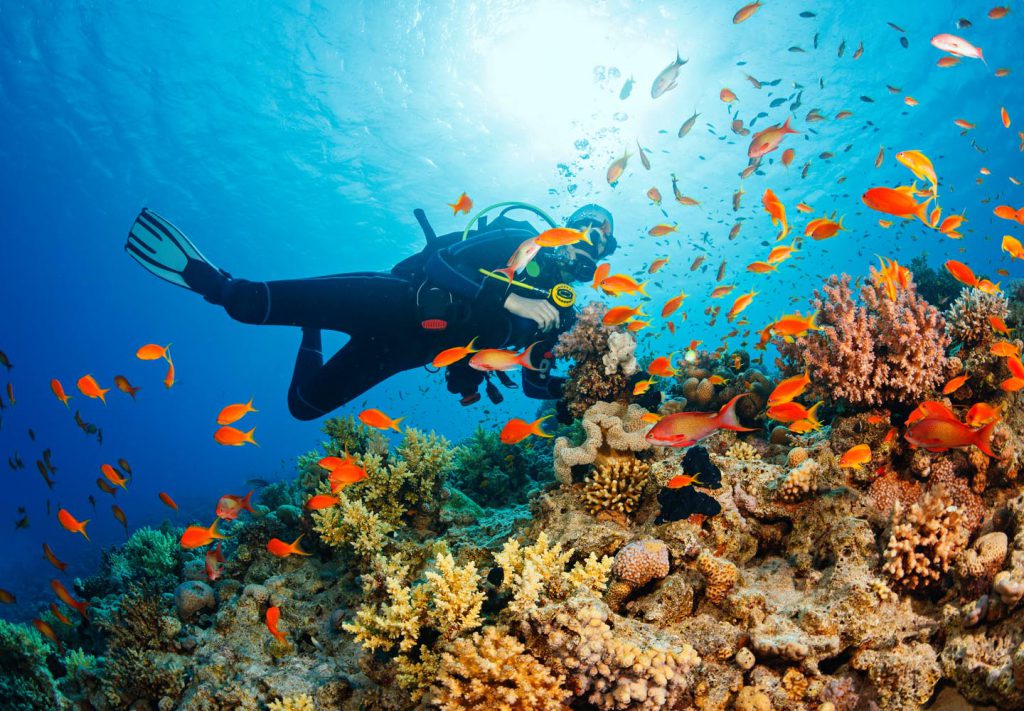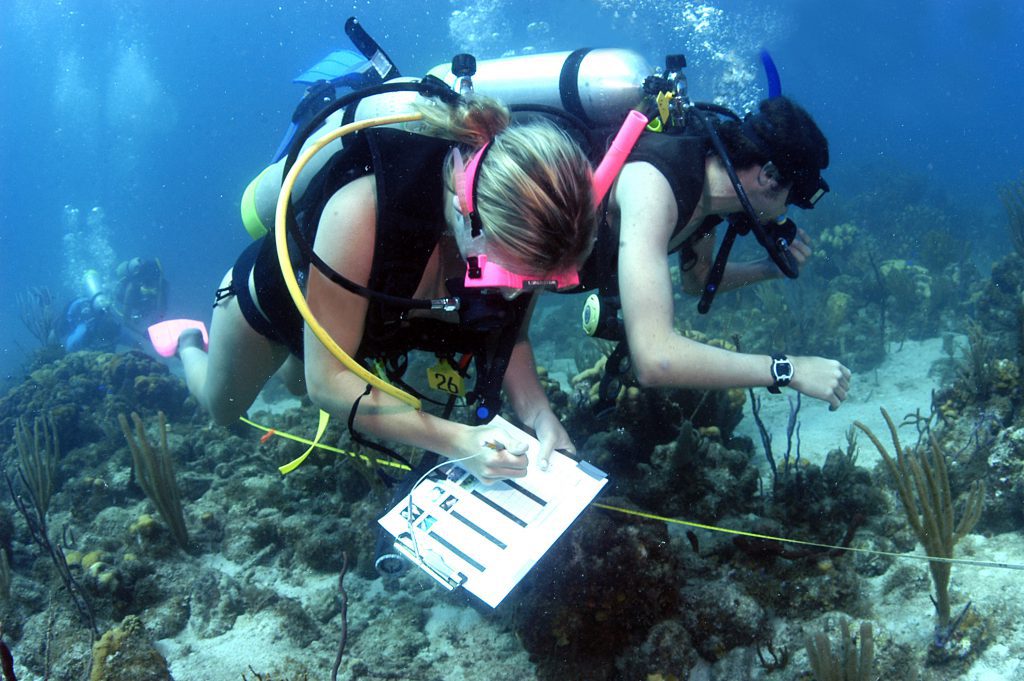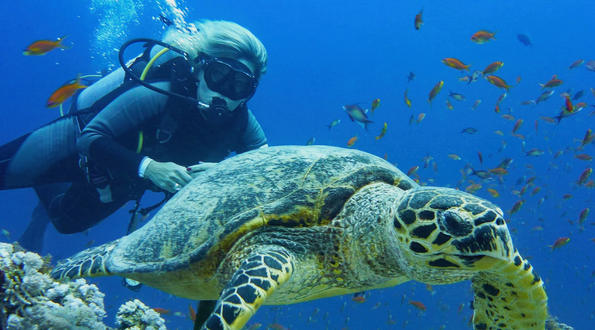Marine Biology – A Rewarding career option

Want create site? Find Free WordPress Themes and plugins.
Did you find apk for android? You can find new Free Android Games and apps.

Are you curious about whales and dolphins, love spending time at the ocean and seas and want to learn more about the seas? Then, welcome to Marine Biology. It is a broad career ranging from fieldwork, academic research, consulting, laboratory, charity or policymaking.
Marine Biology is a popular and rewarding career option. It is important to study the marine ecosystem for the constant challenges that it is facing due to human activities. It is a research field that involves the study of all the features of the sea and the dependent environment. It includes marine plants, animals, vertebrate and invertebrate organisms that are present in the deep oceans and shallow seas.
The main objectives of marine biology are to develop a deeper understanding of the marine world, predict changes in the biosphere due to human and natural disturbances and suggest appropriate measures to minimize or remove them.
Marine Biologist study whales, microbes, planktons and other aquatic organisms with ecosystems in oceans and saltwater environments. The sea and its inhabitants are facing challenges arising due to commercial shipping, plastics, chemicals, boating and other damaging activities done by humans. Marine biologist research how these activities affect marine life and suggest measures to minimize them.
They investigate the behaviour and physiological processes of marine species or the disease and environmental situations that affect them. They study the adverse effects on marine life due to human actions. They learn about the foundational principles of plant and animal life such as origin, anatomy, functions and development.


Specializing in a particular domain is required for career advancement. Job titles can range from:
For a marine biologist, the marine-related degree is required like:
If the undergraduate degree is broad-based science one like chemistry, physics, biology, natural sciences, microbiology etc then a postgraduate degree specializing in the marine field becomes essential.

Marine Scientists are employed by marine research institutes and universities, government agencies, NGOs, international organizations and commercial companies.
Some employers are:
In 2016, 33% of marine biologists worked in government organizations, 31% in professional, scientific and technical capacities, 14% as professors in universities and colleges.
The job market in research-based marine biology is in cutthroat competition. There is an average growth of 5-9% through 2026 in these jobs. The Bureau of Labor Statistics predicts 11,000 new jobs in research-based marine biology fields.
The entry-level positions require a basic degree and opportunities to work in ocean laboratories and research institutes where one can take up a PhD. Senior positions require a PhD with management experience and knowledge of obtaining funding and publication in the field.

Marine Biology is a competitive field with vast and varied career options depending solely on academic pursuits and personal passions.
– Samiya Firdous






Copyright © CareerGuide.com
Build Version:- 1.0.0.0
WhatsApp us